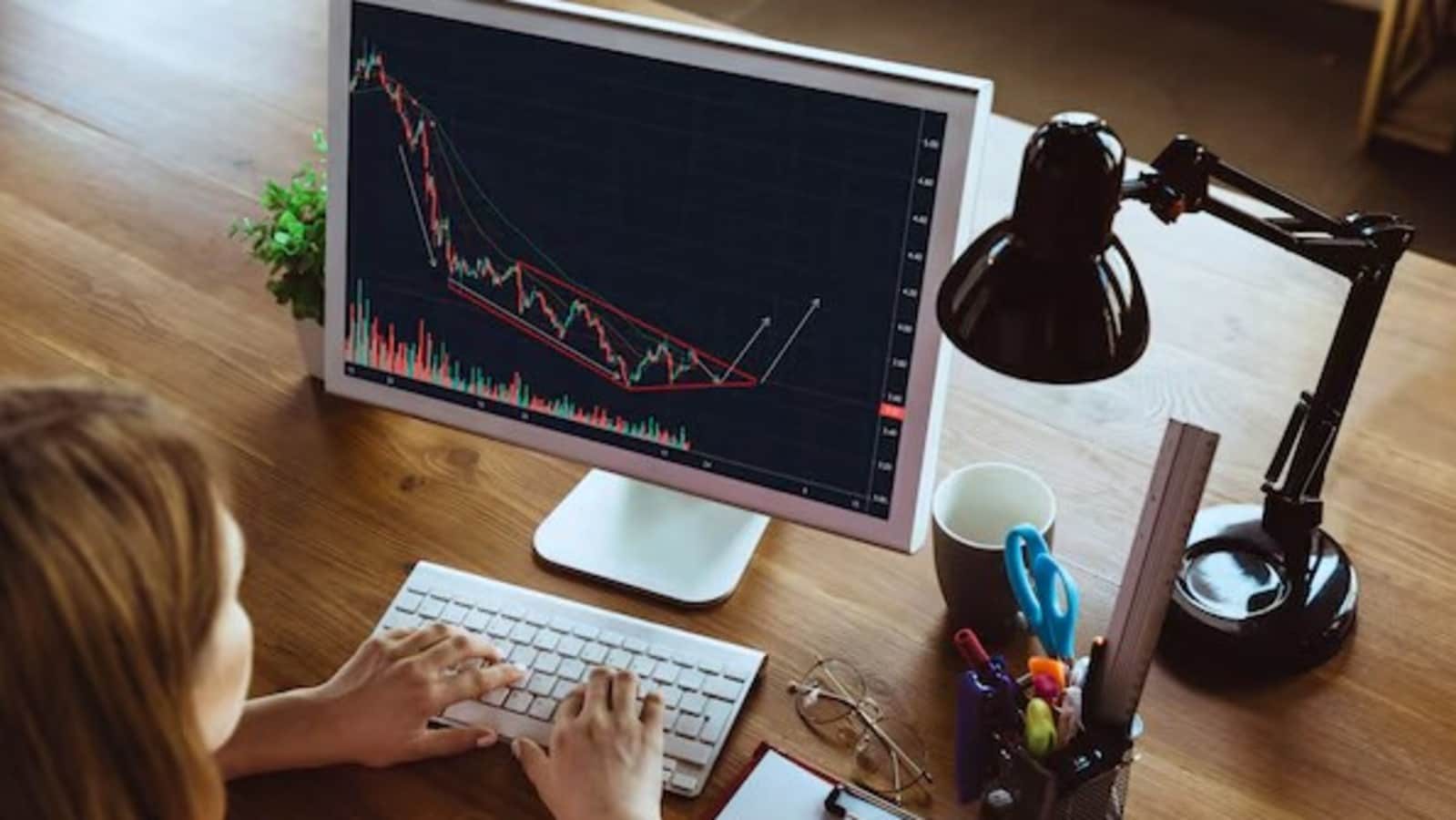(Bloomberg) — Some blue-chip U.S. companies vowed to start cutting their debt loads in 2022, after the Federal Reserve began raising rates at the fastest pace in decades. Those days may now be over.
Companies with BBB ratings boosted their share buybacks in the latest quarter for the first time since the start of 2023 and accelerated their capital spending growth after a five-quarter slowdown, according to strategists at Barclays PLC.
Dividend growth also accelerated, strategists including Dominique Toublon and Bradford Elliott wrote in a Friday note. Meanwhile, interest expense is rising faster than the key measure of income.
Add it all up, and it seems like companies are becoming more friendly toward shareholders and less toward bondholders.
“Although there is no sign of a squeeze imminent, it appears that the fundamental picture for this credit cycle has passed the extremes,” the strategists wrote on Friday, calling for weak investment-grade companies’ “prudent balance sheet management.” Moving away from the shareholders and towards the shareholders. Expediting payments and capital expenditure.
Corporate-bond investors have been hoarding debt all year, sending valuations to multi-decade highs and leaving spreads on investment-grade corporate bonds at their lowest since the 1990s. The Barclays analysis underlines how market pricing can become increasingly disconnected from the fundamental credit picture.
This does not mean that there is going to be a massive selloff anytime soon. Earnings are still relatively strong. According to Barclays strategists, companies are at risk of falling into a lower rating tier, so equivalent to A- and BBB- credit grades, they are generally cutting debt levels.
For corporate bonds to weaken too much, the financial condition of companies will continue to deteriorate and demand for the securities will fall sharply, said Seamus Ryan, director of credit research at GW&K Investment Management.
“To see a valuation reset from here, I think we really need a catalyst,” Ryan said.
Torsten Slok, chief economist at Apollo Global Management, believes credit fundamentals will remain strong and yields will continue to help drive flows, he wrote in a note earlier this month. But with valuations already high, especially for less liquid corporate bonds, it makes sense for investors to switch to either more liquid corporate or less liquid private debt.
One reason for increased capital spending is artificial intelligence, which requires heavy investment by utility and energy companies, many of which have BBB ratings. Another potential source of weak balance sheets is the expected increase in mergers and acquisitions given incoming US President Donald Trump’s trade agenda, which is likely to boost companies’ profits.
“Signs of animal spirits being higher are already present,” Toublan’s team at Barclays wrote. “We think the next year is shaping up to carry these trends forward.”
Production Note: Credits Weekly will return January 4.
More stories like this available bloomberg.com
catch ’em all business News , market news , today’s latest news events and latest news Updates on Live Mint. download mint news app To get daily market updates.
MoreLess
